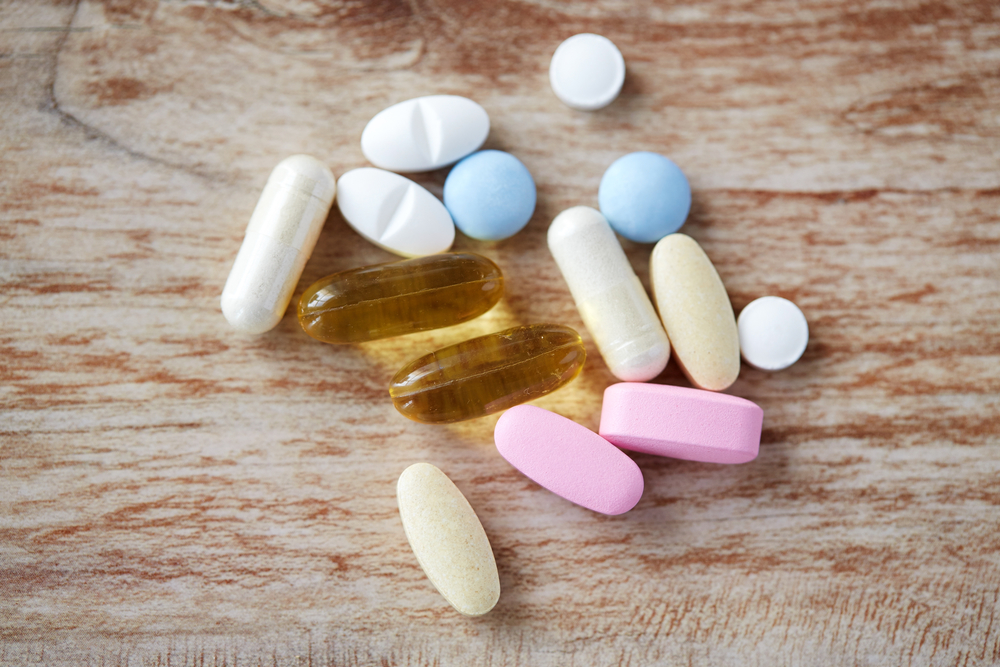Advertisement
There are plenty of misconceptions about vitamins.
One of the popular misconceptions about vitamins is that taking them increases weight gain.
On the other end of the spectrum is the misconception that vitamins can substitute a normal diet.
The truth is that vitamins are merely supplements, meaning they should add to overall health.
Women have a very specific need for vitamins and minerals to keep them healthy and are especially prone to vitamin deficiencies as they age.
Though a proper diet can supply much of the nutrition that is needed, extra intakes of vitamins can help women keep their bodies fit.
Calcium. One of the most important supplements a woman can take is calcium. Increased calcium can help strengthen bones, teeth and nails as well as assist with regulation of menstrual cycles. Calcium is also beneficial in helping to maintain a healthy weight. As a woman’s body ages, less calcium is naturally produced, leading to a decrease in bone density. Calcium is an important aid to continue to build strong and healthy bones and to avoid diseases like osteoporosis, which is more commonly found in women.
Vitamin D. More and more women are suffering from vitamin D deficiency. Vitamin D, like calcium, helps with bones and teeth. Vitamin D and calcium are frequently linked together in products. A vitamin D deficiency causes bones to be more brittle and more susceptible to fractures. The body needs between 30 and 200 units of vitamin D, making it difficult to get too much. Vitamin D is unique in that its production can be triggered by exposure to direct sunlight. The problem is that many adults are sedentary and spend a good portion of their daylight hours inside.
Magnesium. If calcium and vitamin D are the keys to stronger bones, magnesium is the catalyst for absorption of these vitamins. Magnesium is also shown to lessen inflammation in joints. In other words, the addition of magnesium to your diet helps lubricate the joints between the bones. As an added benefit, magnesium is also a key ingredient in many antacids and laxatives, which means it keeps women regular.
Iron. Iron is critical for blood health to the body. A body rich in iron has better circulation and blood flow since iron helps carry oxygen to parts of the body. Iron deficiency in adults can lead to such things as anemia and thinning blood. An easily detected symptom of a possible iron deficiency is fatigue. Doctors recommend that people consume iron-rich food such as dark leafy greens and occasionally organ meat.
Zinc. Many people overlook zinc as a much needed vitamin. However, for older adults, zinc is vital to the immune system. As the body ages, adults tend to have a harder time fighting off common colds and other viruses. Zinc deficiency is why doctors often recommend that older adults receive flu shots. In addition, zinc can increase metabolism.
Vitamins are an essential part to a woman’s continuing health, especially as she ages. While a diet rich in these vitamins helps, taking vitamin supplements can ensure that the body gets all it needs to maintain itself. For more on vitamin supplements, visit here.




